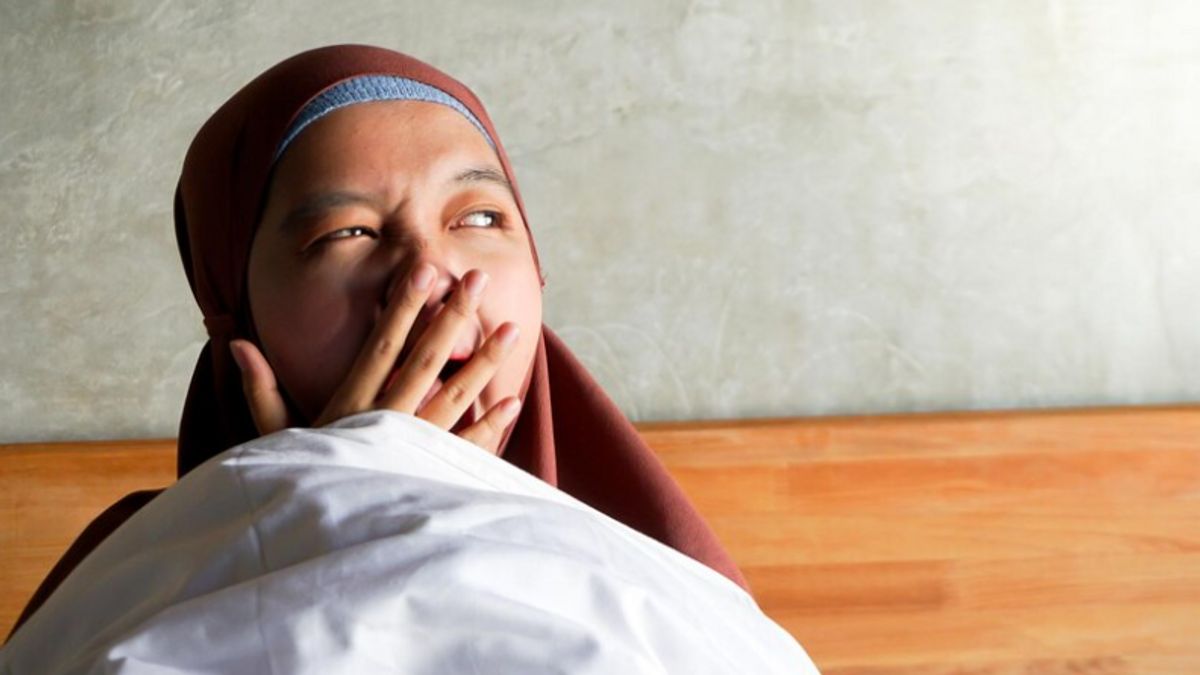YOGYAKARTA - Not a few people claim to lack sleep during fasting. This often happens because of a change in sleep patterns during the month of Ramadan. In the month of Ramadan, Muslims are required to wake up before dawn to perform sahur. In the evening also have to undergo tarawih prayers and tadarus or recite the Koran.
Changes in activity patterns at night make many people sleep less during fasting. Even though this habit can have a negative impact on health and interfere with daily activities. If you do not get enough sleep, then your body's normal function can be disrupted and increase the risk of gainers.
That's why it's important to keep enough sleep during Ramadan. So that you don't ignore the importance of rest time, understand the dangerous effects of lack of sleep during fasting and how to overcome it.
The human body needs enough rest time to recover or recharge. If you are sleep deprived, the body will lack energy and decrease immunity. If this happens repeatedly, it can cause easy disease.
As a reminder so that you keep your sleep hours fasting, here are some bad effects of lack of sleep:
One of the factors that affect the condition of the body's immunity is adequate rest time or sleep. Having enough sleep is very important in keeping the body's immune system prime.
If you are short of sleep, then the body's immune system can decrease because you have to work extra without any recovery. If this condition occurs, you will be more susceptible to disease, such as fever, colds, flu, and other infections.
Another bad effect that you can experience due to lack of sleep is mental health problems. Lack of rest time or sleep can increase the risk of mental illness. Not only physical weakness, someone who lacks sleep also tends to be sensitive and emotional. Usually they easily experience stress, are easily angry or offended, tired, and others.
Lack of sleep can also have a bad impact on a person's cognitive performance. A person who lacks sleep will risk experiencing a decrease in memory, weak concentration, and difficulty making decisions. Some of these things will certainly disrupt productivity and daily activities.
Another danger of lack of sleep is related to heart problems. A person who lacks enough sleep can increase the risk of developing heart disease. When the body is tired, for example due to lack of sleep, there will be an increase in blood pressure, heart rhythm disorders, and inflammation. These conditions can trigger various risk of diseases such as heart attacks, strokes, and others.
SEE ALSO:
Many people lack sleep while fasting because they want to be able to sahur. They hesitate to sleep at night for fear of not being able to wake up to eat suhoor. There are also people who only have a little sleep time because they stay up late at night and after dawn they don't sleep anymore. Such conditions do make sleep less enough.
Regulating sleep is indeed a challenge in itself during the fasting month. But you can still have quality sleep by applying the following tips:
Such is the review of the bad effects of lack of sleep during fasting. Even if there is a change in activity hours during Ramadan, keep trying to get quality sleep for your physical and mental health. Also read whether fasting can reduce blood sugar.
Stay up to date with the latest domestic and other overseas news on VOI. We present the latest and most updated nationally and internationally.
The English, Chinese, Japanese, Arabic, and French versions are automatically generated by the AI. So there may still be inaccuracies in translating, please always see Indonesian as our main language. (system supported by DigitalSiber.id)



















